Five Fashion Initiatives Making A Stand For Social And Environmental Change
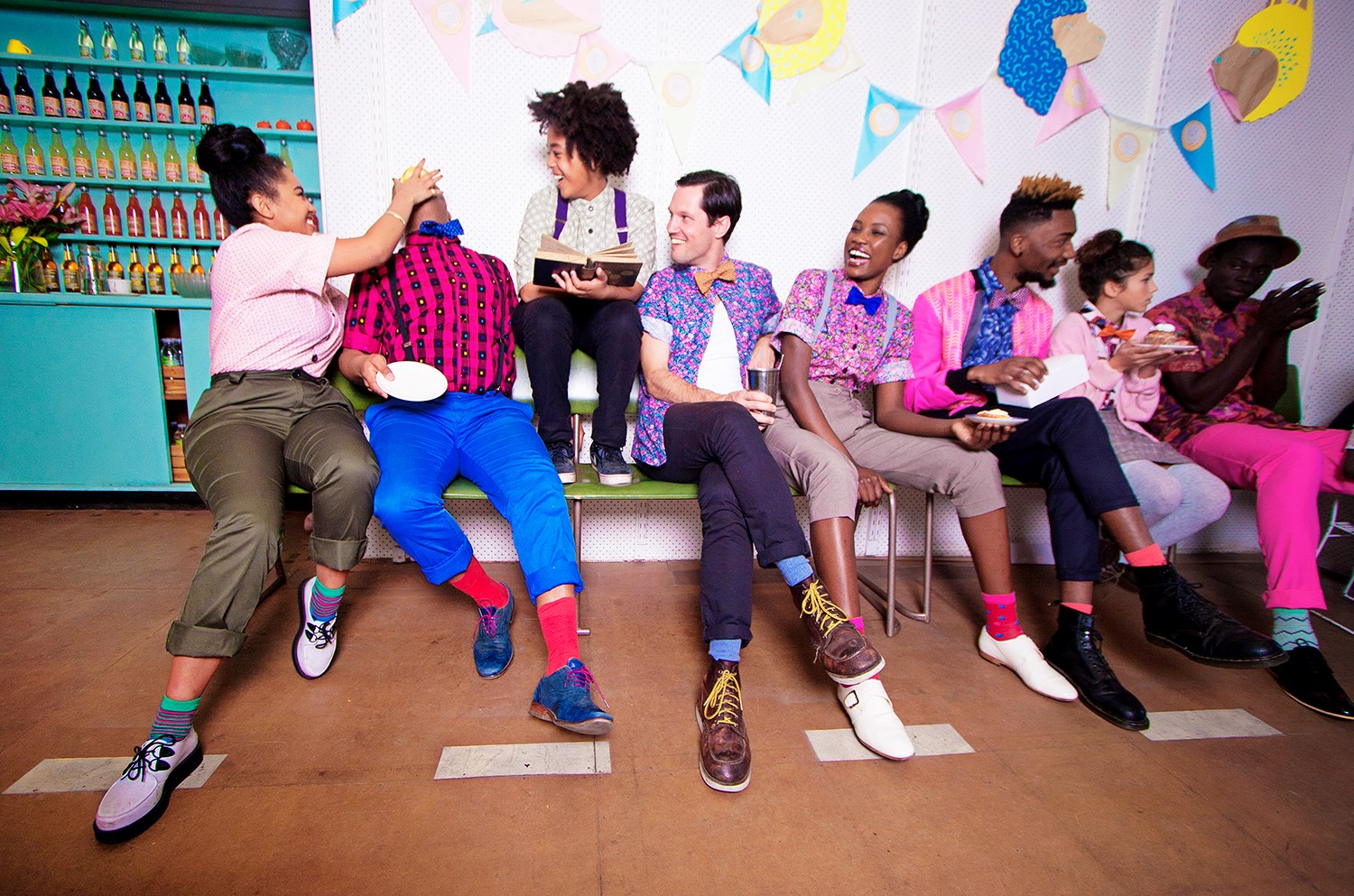

Watch States of Undress now on SBS On Demand, where former model Hailey Gates explores global fashion & issues the industry often ignores, showing us what the world wears & why.
We all do it every morning: get dressed. It doesn’t seem all that political, but what we choose to wear can speak volumes about who we are, what we want, and what we think about the culture we live in.
Looking back, fashion often acts as a geotag reflecting life in a particular time and place. Just think of the material excess of the ’80s (in every sense off the word). From silhouettes that mold and flatter the ‘ideal’ body type of the time, to bold colour palettes that define the vibe of the decade, style is a cultural gauge – semiotics at their most intimate and immediate.
“The history of dress is a history of protests,” wrote Quentin Bell in 1951. From first wave feminists to the Black Panther movement’s “black is beautiful” rallying cry, to #dresslikeawoman, style has long been used to challenge prevailing social norms, and the same is true today.
Here are just a few people using fashion right now as a tool for change:
Well Made Clothes
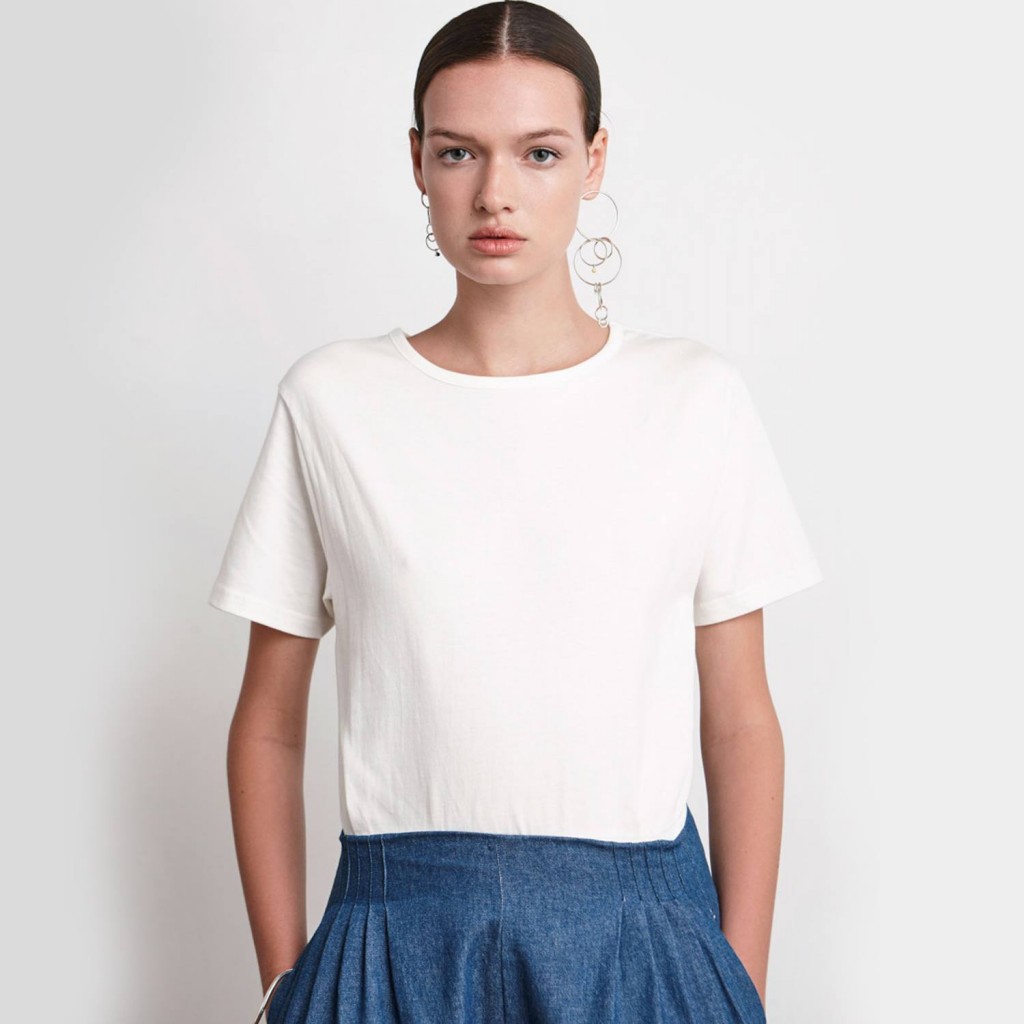
Image via Well Made Clothes/Facebook
Can shopping really help change the world? A catch-cry on a t-shirt is more overt than an ethically produced pair of jeans; but politics don’t need to be emblazoned on our chests to be powerful. In a world that consumes 80 billion items of clothing a year, consumer choice is a real way to wear your beliefs on your sleeve.
Buying green is an immediate way to encourage ethical business practices, and values-driven marketplaces like Well Made Clothes, Good On You, and The Ethical Fashion Guide make it easier than ever to make informed choices about where to spend your fashion dollar.
“Like you, we want our clothing to look good, feel good, and be good, to people and to the environment,” say Well Made Clothes. The online store stocks a range of labels from Australia and NZ, ranging from cult to big-name, including the likes of Dress Up, Limb and Her. What all brands have in common is transparency and the need to meet at least one of Well Made Clothes’ values: a dedication to goods that are handcrafted; environmentally sustainable; locally made; vegan; or made with fair labour, minimal waste, or a focus on gender equality and supply-chain transparency.
As well as giving ethical fashion lovers a one-stop marketplace, WMC have moved into projects that mix offline events with product-powered fundraising with their ‘gender equal tote bag’. 100 percent of the proceeds for the bag will go to Freeset — a fair-trade production company in Kolkata that employs and up-skills women who have come out of the sex slave industry.
Clean Cut
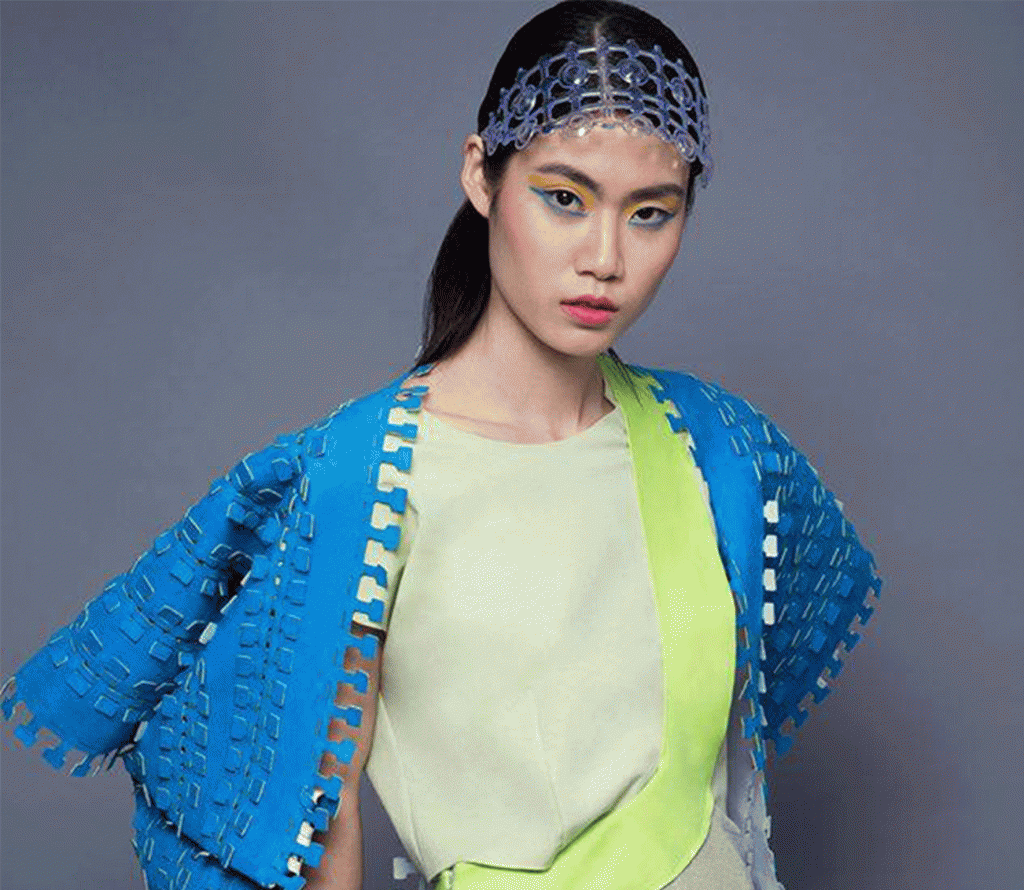
Image via Clean Cut Fashion/Facebook
Aussies throw away around 23kg of textiles every year per person. That’s a lot of landfill, considering synthetic fabrics can take hundreds of years to biodegrade. The fast fashion cycle produces clothing at a far higher rate than our planet can deal with, making fashion the second-most polluting industry after oil. Combine this with exploitative labour and dangerous work conditions, and you begin to see how production practices can have a far-reaching effect, both immediately and in the future.
Clean Cut Fashion is Australia’s Ethical and Sustainable Fashion Association, committed to addressing the impact of the fashion industry in Oz, as well as linking up international players with those closer to home. Recognising that our finite resources are running out, and that fashion is one of the world’s most impactful industries, they educate and encourage a sustainable approach by helping brands, labels and business make informed choices.
Otherwild
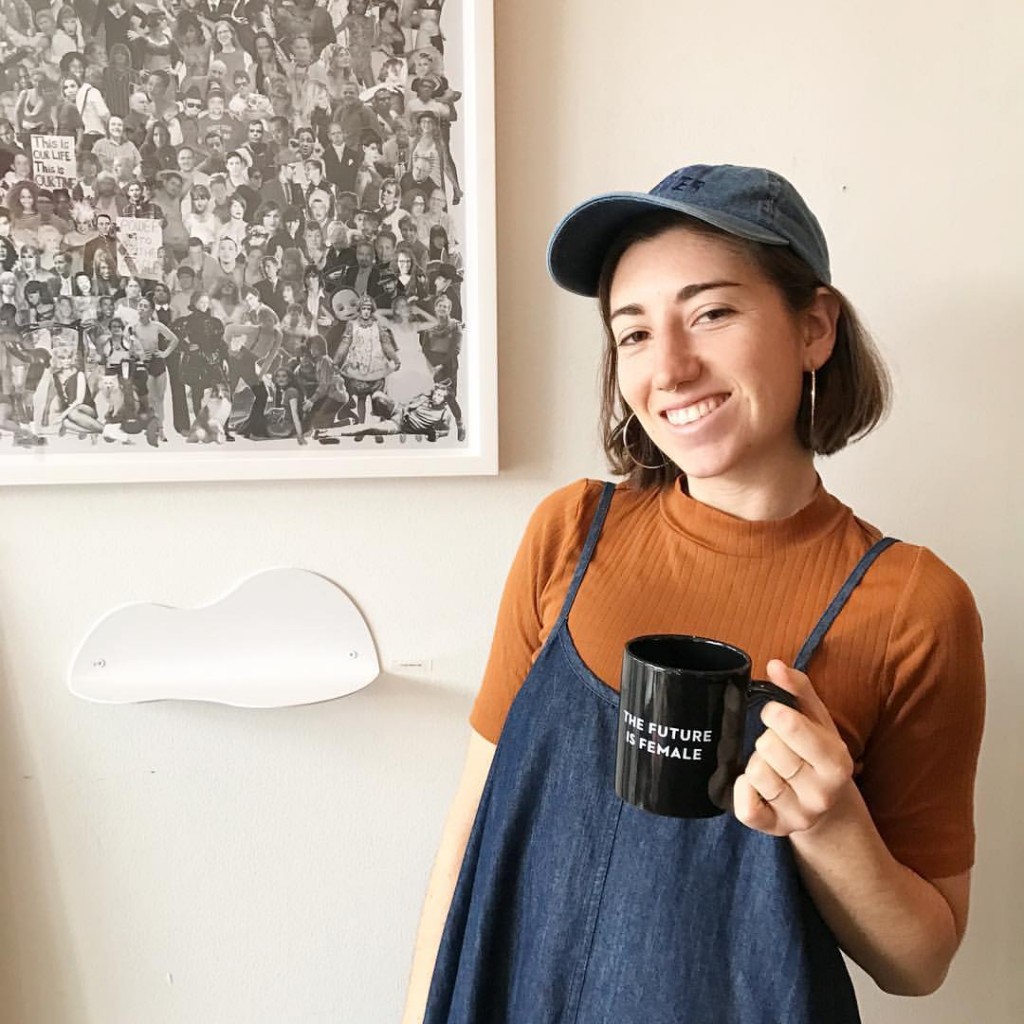
Image via Otherwild/Facebook
You’ve probably seen, or at least heard of Otherwild’s ‘The Future is Female’ t-shirts: they were a sellout in 2015, with 25 percent of the proceeds going to Planned Parenthood. Hillary Clinton even used the slogan recently in her first video statement following Trump’s inauguration.
Part studio, part retail outlet, part gathering space for women and queer communities, LA-based Otherwild more recently teamed up with Instagrammers Herstory to create a clothing line focused on lesbian empowerment. The line of caps, tees and pins – with statements like GAY POWER and WE ARE EVERYWHERE – takes inspiration from the historical pro-lesbian imagery of the Herstroy feed, with 10 percent of proceeds going to the Lesbian Herstory Archives.
Kelly Rakowski, founder of the Herstory account, told Mashable, “We want to continue to honour the messages created and voiced by the lesbians and gays of the ’60s, ’70s, and ’80s by making a collection of wares for the community today.”
69
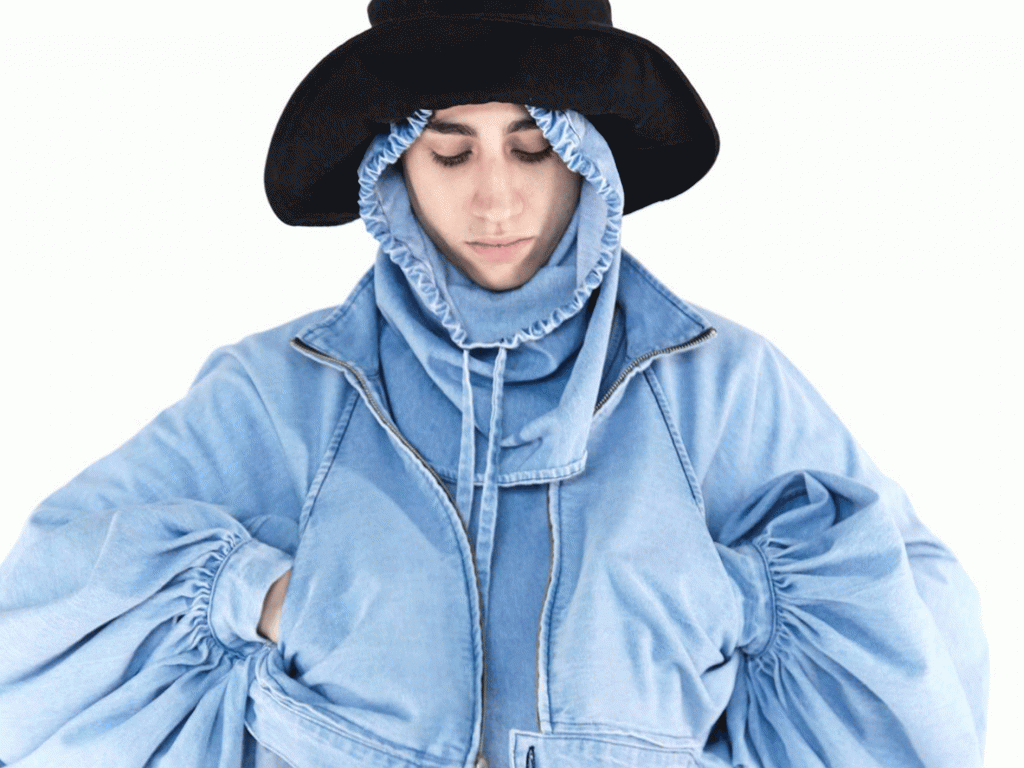
Image via 69/Facebook
Championing gender fluidity, LA label 69 makes “non-gender, non-demographic” clothing. They describe their work as “timeless yet made in our present and meant for the future”.
While unisex and gender-blurred fashion is nothing new, 69 tries to bring this into every element of what they do. Their clothing is designed for people regardless of size, age, demographic, class or gender. This “one size fits all” ethos results in cocoon dresses and voluminous tunics in comfortable, practical fabrics like denim, cotton and linen. It’s modeled and styled in a way that rejects aesthetics of binary gender and has been spotted on the likes of Rihanna.
The idea of neutrality and spaciousness extends beyond just the clothing too. The brand’s creator insists on being anonymous, in order to reject the cult of persona and embody the ideals of a non-demographic, genderless brand.
The Social Studio
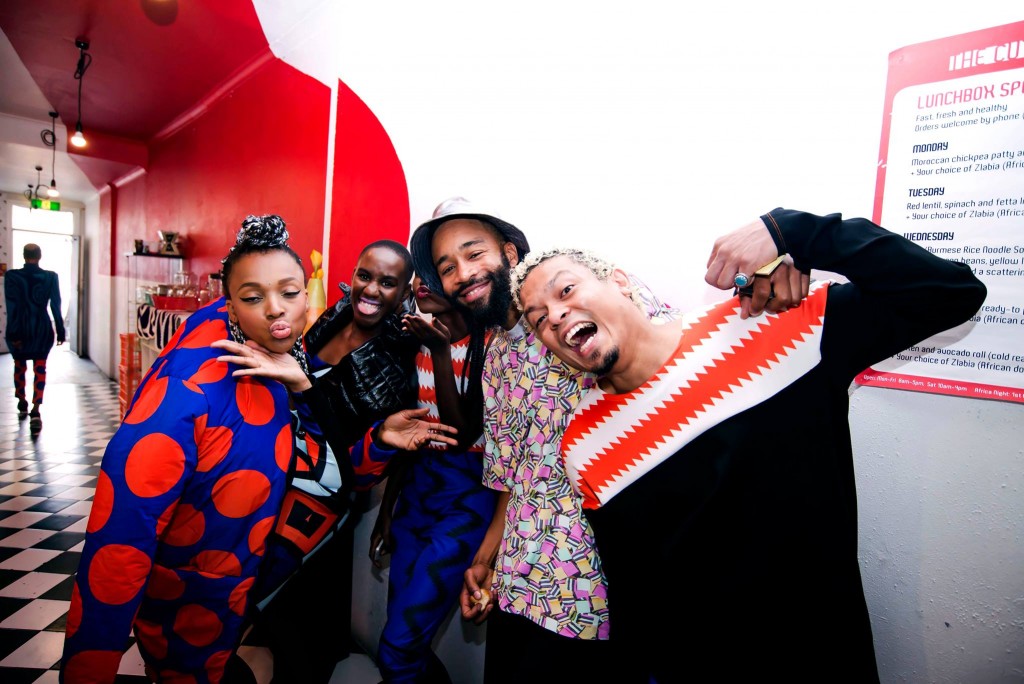
Image via The Social Studio/Facebook
Since 2009, Melbourne-based outlet The Social Studio has been providing education and employment opportunities for talented young people who have experienced life as a refugee. Part shop, part café, part workshop making hand-made ethical garments – they’re a bold, beautiful poster child for sustainable fashion as well as a champion of social change.
It began when the founders saw that many gifted refugees with years of fashion experience were finding it hard to get work in Australia, and their qualifications weren’t being recognised. Today, the Social Studio Fashion School runs in partnership with RMIT University, offering accredited training in clothing production and textile design; and the studio has collaborated with Aussie artists and designers like Ken Done, Linda Jackson, Alpha60 and Kuwaii.
All profits are re-invested back into creating benefits for the students, staff and wider community. As well as participating in social enterprise events, The Social Studio has launched interstate offshoots like The Social Outfit in Sydney, Twich Women’s Sewing Cooperative in Dandenong, and No Sweat Fashions in Canberra.
While there’s much still to do, a glimpse at the current state of socially-conscious style-makers is heartening. Whether providing positive new retail models, challenging norms, or promoting an ecological mindset, there are a bunch of people in fashion land using clothing in active and meaningful ways. In his 1951 essay, Quentin Bell concluded: “To alter the clothes of society we must alter the structure of society.” And, we might add: vice versa.
Feature image: The Social Studio / Facebook
–
To learn more about Hailey Gates’ journey into the fascinating world of global fashion and watch season one in full, head to the States Of Undress page on SBS On Demand.